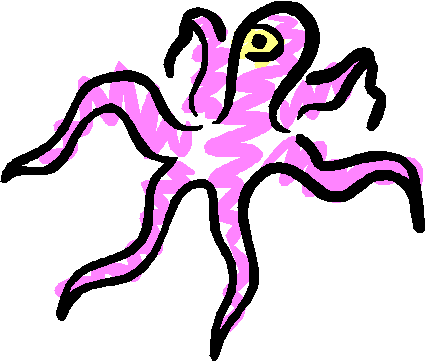|
|
LITR 3731 Creative Writing 2009 Student Draft for Workshop |
|
The Doorway
By Alicia Costello
When the Browns set out from Tennessee,
The sun sang silent rhapsodies,
Beckoning with its flicks and licks, hypnotizing
A young couple not yet finished sizing
Their destinies.
There was fear and trembling.
Nevertheless, they stumbled past a grumbling,
Disgruntled dark man possessing
A black and slimy Smith and Wesson.
The dark man stared and despised
Through beady and greedy, unnatural eyes,
As he watched them walk west into the space
Seen as America’s vast liminal place,
The deep, obtrusive “other” of goals unfulfilled.
Penniless. Homeless. Robbed. The sun stopped coming
Alive with new hope and fortune, instead, drumming
Of tired heartbeats and tired souls starved
The couple as their anguished feet carved
Fresh footprints in the landscape.
Creation Account
Alicia Costello
To begin writing this poem, I went back to my old scraps of a few rhyming couplets and random poetic sentences I had come up with several years ago. They always come when I’m driving, and I write them down and never do anything with them, believing the poem will find them when it’s time. One of these sentences I wrote so long ago I can’t tell you even what year it was penned was “Sweet cadences of summer silent rhapsodies”. I think I wrote down this sentence because I loved the word “cadence” and it gave me a mental scene of a prairie field with the grass gently wafting, bathed in sunlight. My mind stuck on the prairie, but quickly ditched most of the sentence when I was reading Hans Christian Anderson’s “The Little Mermaid” and I came across the sentence “…and there was fear and trembling.” That sentence rumbled in my brain, and I was obsessed. I, of course, already love the phrase “Fear and Trembling” as the title of Kierkegaard’s most famous text, and maybe that’s a little bit why it stuck out to me (apparently, it’s a Dutch thing, this fear and trembling.)
Without thinking very much, I wrote the first line and the next three lines about the dark man with a Smith and Wesson. I remembered one of my favorite descriptions of all time, in John Dos Passos’ 1919 where he describes JP Morgan as having “magpie eyes”. Obviously I don’t want to rip off Dos Passos, so I put “beady” and “greedy” came on its heels. I inserted the word “unnatural” to convey a wild, unacceptable, slightly nationalistic message a la Caliban in “The Tempest.” I also have been learning the concept of liminality and wanted to include that, as the plains of the Central United States was seen as simply a 1,000 mile space in between the places you want to go, between two rooms if you will.
After I fleshed out the enemy, an Indian, I began to flesh out the “they”. I first wrote them in an early preface as “The Browns of Boston, of respectable degree / set out for the west in 1873.” Ever since then, the Browns have stuck with me in some form. At first they had children. I then limited them to simply a young couple. The sun, a beacon west to the land of new prosperity, became something hypnotizing like the Star that leads the wise men to Bethlehem. (One of the early drafts read “It called them / Like wise men to Bethlehem.”) Then, I ditched that rhyme because it was really cheap. I was rewarded by managing to squeeze in a reference to Star Wars: A New Hope. Whenever I can fit anything incredibly nerdy in poetry, I celebrate. Plus, you know, Star Wars is kinda like a journey with a goal…I guess…maybe Mr. Brown’s first name is Luke or something.
Another cheap rhyme I ditched after fighting it a little bit more was a line that was supposed to go after “Smith and Wesson”: “My ma, I told her / he musta stole it off a soldier.” This was a really cheap rhyme, and obviously from the point of view of a child, and it added colloquial speech, but in the end it brought down the rest of the stanza, so it had to go.
After that I got stuck. REALLY STUCK. And I still am!


